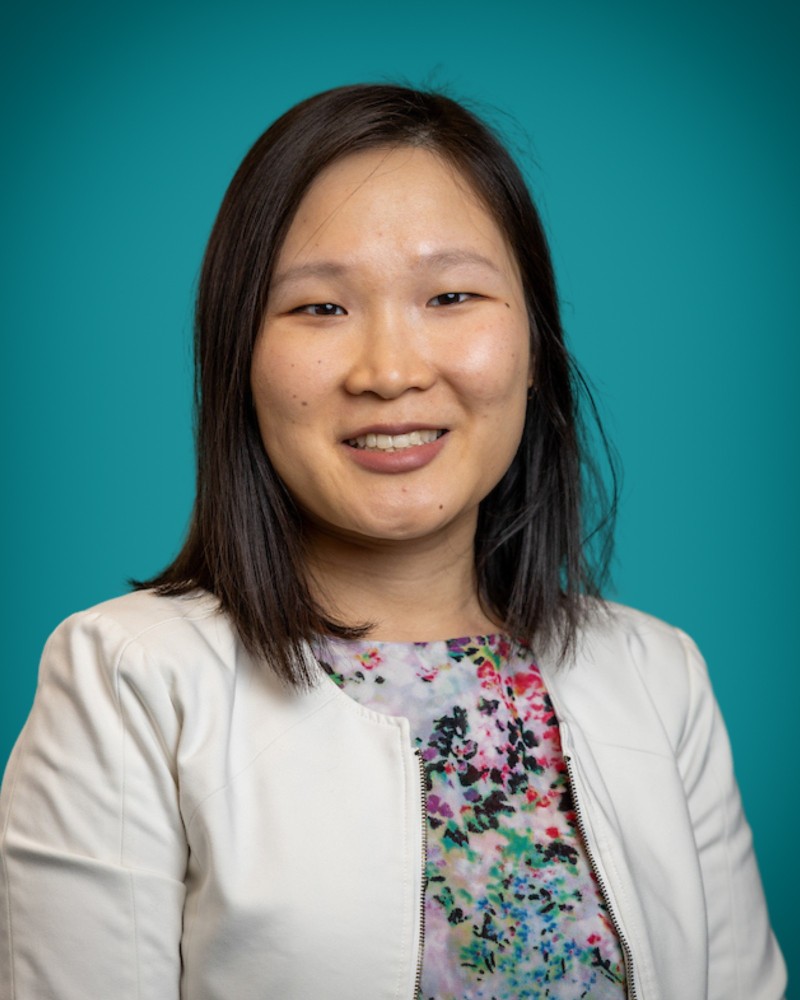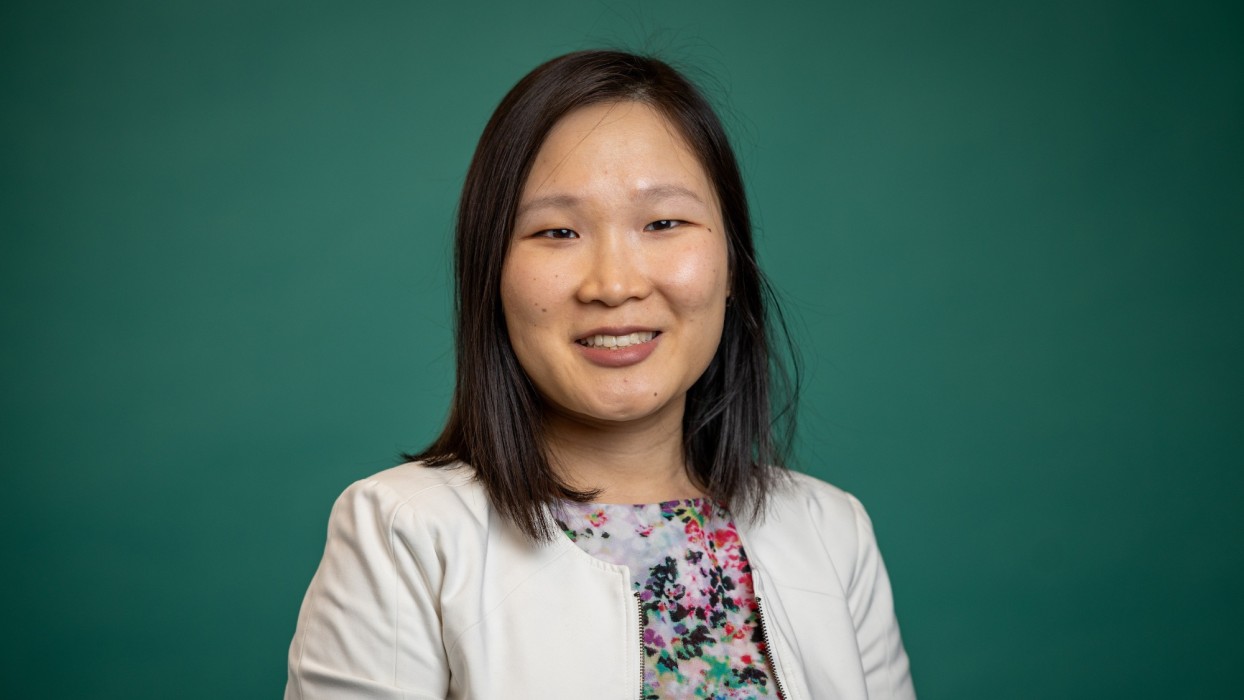
Rosemary Ramp, MD, is a neuropalliative care physician at Gillette Children's. Dr. Ramp specializes in pediatric and young adult palliative medicine. Learn more about Dr. Ramp.
New Gillette Children's neuropalliative care physician Rosemary Ramp, MD, is passionate about building strong relationships with patients and their families during challenging times—it’s at the top of her mind when discussing the specialty that often sees patients with complex or life-limiting illnesses. “I particularly like building long-term relationships over time and helping [patients and families] navigate medical complexity and uncertainty,” she shares. “With a major diagnosis or illness—how can we help you live as well as possible during that time?”
The draw of palliative care—and Gillette
Dr. Ramp has always loved working with children and young adults, and that aspect, coupled with her experiences in her internal medicine and pediatrics residency, led her to palliative medicine—a specialty that focuses on providing treatment for symptoms such as pain or stress that often go along with a serious illness.
Raised in Kansas City, KS, Dr. Ramp completed medical school in Texas, followed by residency and fellowship training at the University of Minnesota. “I joke that I’ve lived all along I-35 throughout my life,” she laughs. “I grew up in Kansas City, then went to San Antonio, then straight up to Minnesota.” An avid outdoorswoman, Dr. Ramp says she’s recently taken up birdwatching in her spare time, in addition to hiking and reading, two of her more established hobbies.
Dr. Ramp was led to apply at Gillette after rotating through the hospital as part of her residency. “Even as a trainee, I saw the incredible care that patients receive here, and the collaborative nature of that care. That, plus the uniqueness of the Gillette patient population, really made an impact on me and drew me to apply."
Helping families feel heard during palliative treatment planning
Dr. Ramp says the resilience of Gillette’s patients and strong relationships with her colleagues continue to motivate her in her work. When it comes to palliative medicine, “A lot of the time, we have to be creative with our care,” she says. “Sometimes there may be a symptom that’s distressing, and there might not be set guidelines to treat it, so we often ask: how can we help in a different way, if what we’re doing isn’t working?” Dr. Ramp says that the openness of Gillette families and her colleagues to try new things encourages innovation and outside-the-box thinking to help patients feel as comfortable as possible.
Acknowledging that success in palliative care might look different from that in other specialties, Dr. Ramp says that, in her mind, a successful treatment plan helps a patient and their family feel supported and improves quality of life—whatever that means for an individual patient. “We do engage in a lot of hard conversations,” she offers. "We talk about [a family’s] hopes and worries, what brings strength and meaning to their lives, their goals for their healthcare, and I’ve found that sometimes just providing space for that sharing brings relief, because there might be things they’re thinking about but are scared to bring up.”
As for her own care philosophy as it relates to pediatric palliative medicine, Dr. Ramp says, “There’s a difference between healing and curing, even though we tend to think about them synonymously. But I think that even in the absence of a cure, healing can happen.”
 Home Page
Home Page

